Results
-
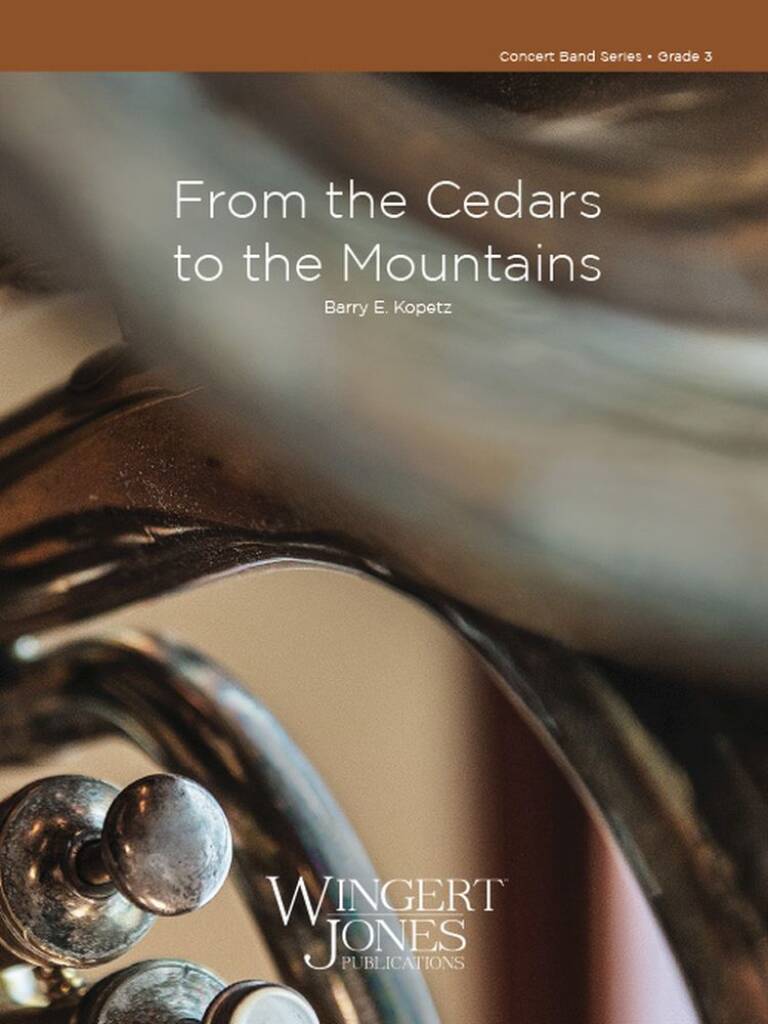 £82.50
£82.50From The Cedars To The Mountain - Barry E. Kopetz
This overture depicts the settlement of Cedar City, Utah, on November 11, 1851, by Mormon pioneers. Facing multiple hardships, these pioneers forged a new life in the harsh and cold mountain desert that surrounded them. Due to their determination, resourcefulness, and faith they laid the foundation for a thriving community.
Estimated dispatch 7-14 working days
-
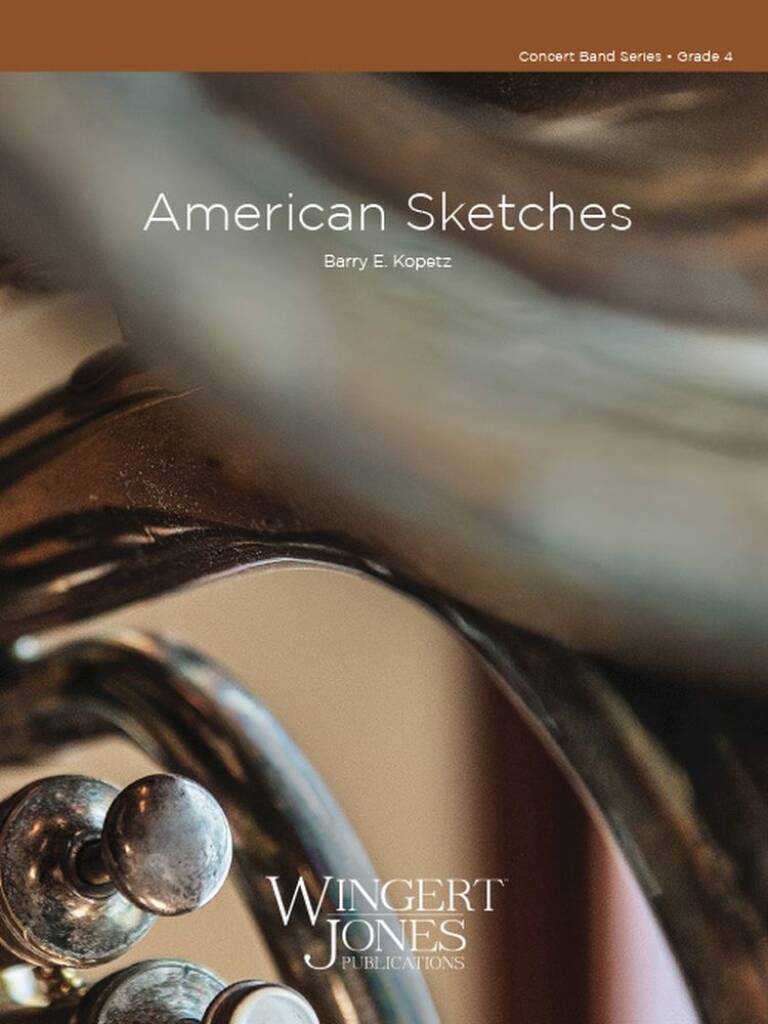 £104.50
£104.50American Sketches - Barry E. Kopetz
Subtitled A Folk Song Set of Wisconsin, this attractive four-movement work is an exciting addition to the classic original suites for wind band. Written in the traditional style of the British band classics, this programmatic work will be a welcome addition to the repertoire of good bands. (11 minutes 45 seconds)
Estimated dispatch 7-14 working days
-
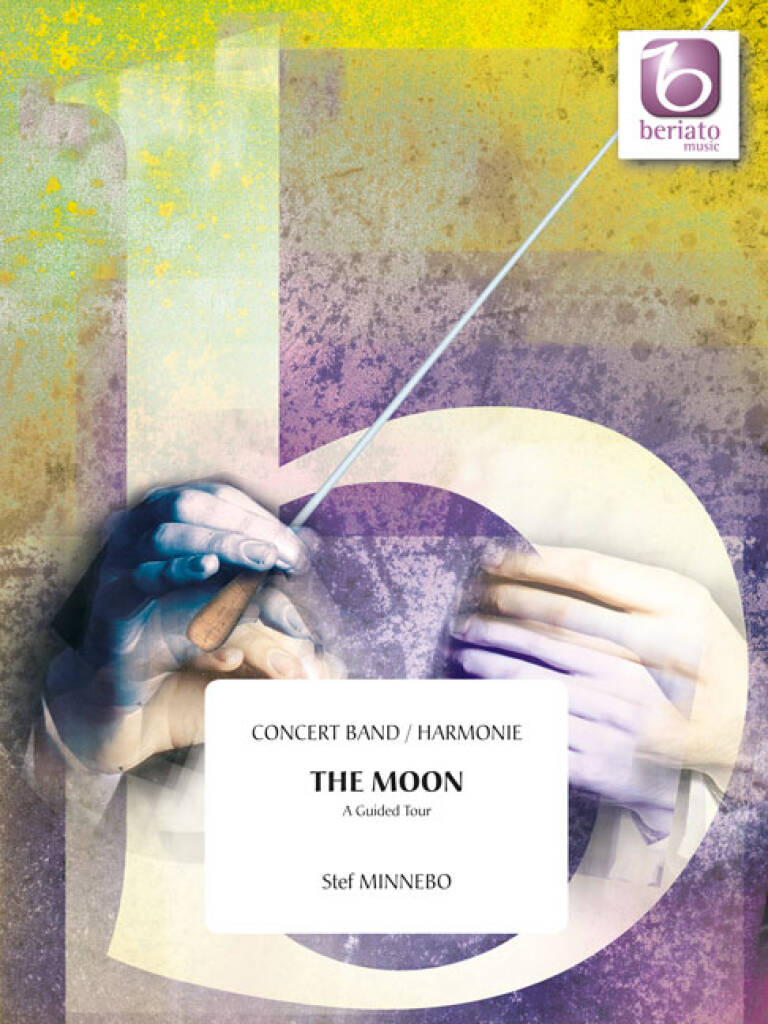 £84.99
£84.99The Moon - Stef Minnebo
Dear travellers, welcome to the moon. You have just covered 384.000 km on your way to this place. With this fun work a real tour of the moon awaits you! In four short movements - 'Terminator', 'Crater Waltz', 'Sea of Tranquility' and 'Tycho' - you will be confronted with huge differences in temperature, a gravity that you're not used to, the touchdown of the Apollo 11 and craters that are 108 million years old. An adventurous experience for all!
Estimated dispatch 7-14 working days
-
£76.99
Only Time
For many years Enya has been selling as many records as pop goddesses like Madonna and Britney Spears. But it was the events of September 11, 2001 that truly brought this Irish singer to the world stage with CNN broadcasting her ballad Only Time with the tragically dramatic images around the World Trade Center in New York. Ron has arranged this moving song in his own familiar creative way
Estimated dispatch 7-14 working days
-
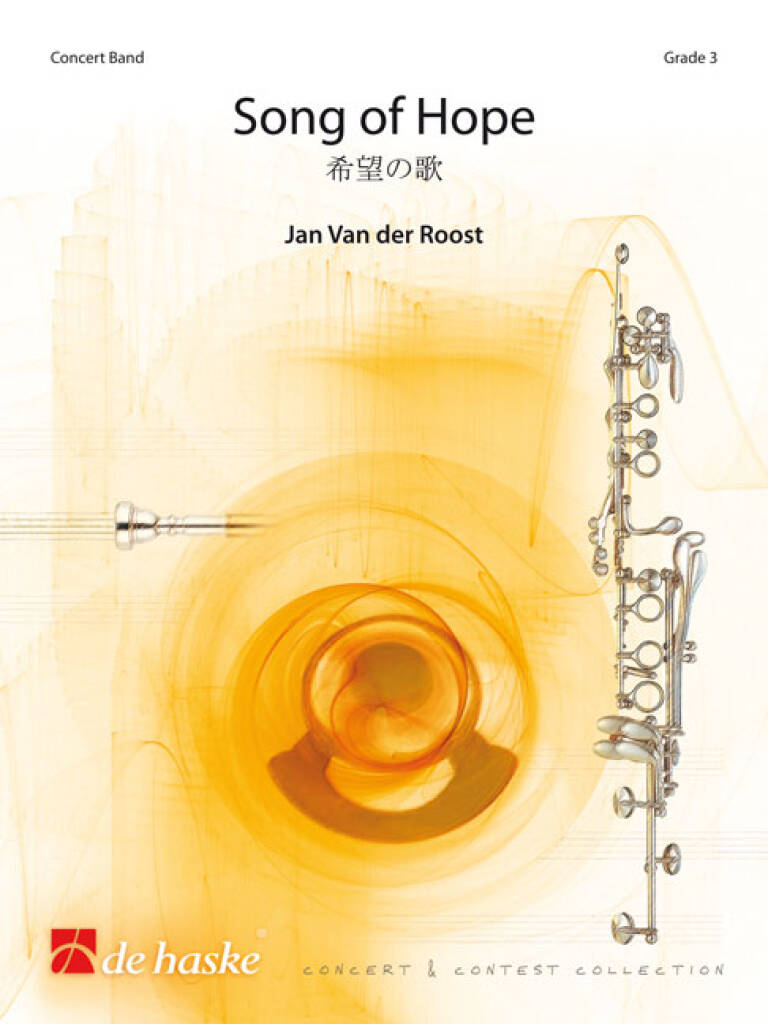 £104.99
£104.99Song of Hope - Jan Van der Roost
2011 was a disastrous year for Japan: on March 11 the northeast of the country suffered a violent earthquake, which triggered a huge tsunami and caused massive damage to people and the environment. The ensuing problems with the nuclear reactor atFukushima only increased the misery: a black day in the country's history...One almost inevitable consequence of such dramatic circumstances is the particular damage suffered by the cultural arts. And so it was in Japan: various high school wind orchestras in the effected areas lost their practice rooms and/or instruments.It will take a long time before the damage suffered is repaired - and it will take great effort to overcome the psychological effects, too. Focusing on the latter, Yutada Nishida (director of The Bandwagon radio program) asked a few composers fora simple work that could be played by many orchestras. It just so happened that the Osakan Philharmonic Winds (with whom Jan Van der Roost had conducted a concert exclusively of his own works on September 25th) had had a similar idea. This concert saw the baptism of Song of Hope. This pieceimmediately struck a chord with musicians and audience alike: it begins bleakly in the low register and evolves to a more open, optimistic close. There really is hope for better times!
Estimated dispatch 7-14 working days
-
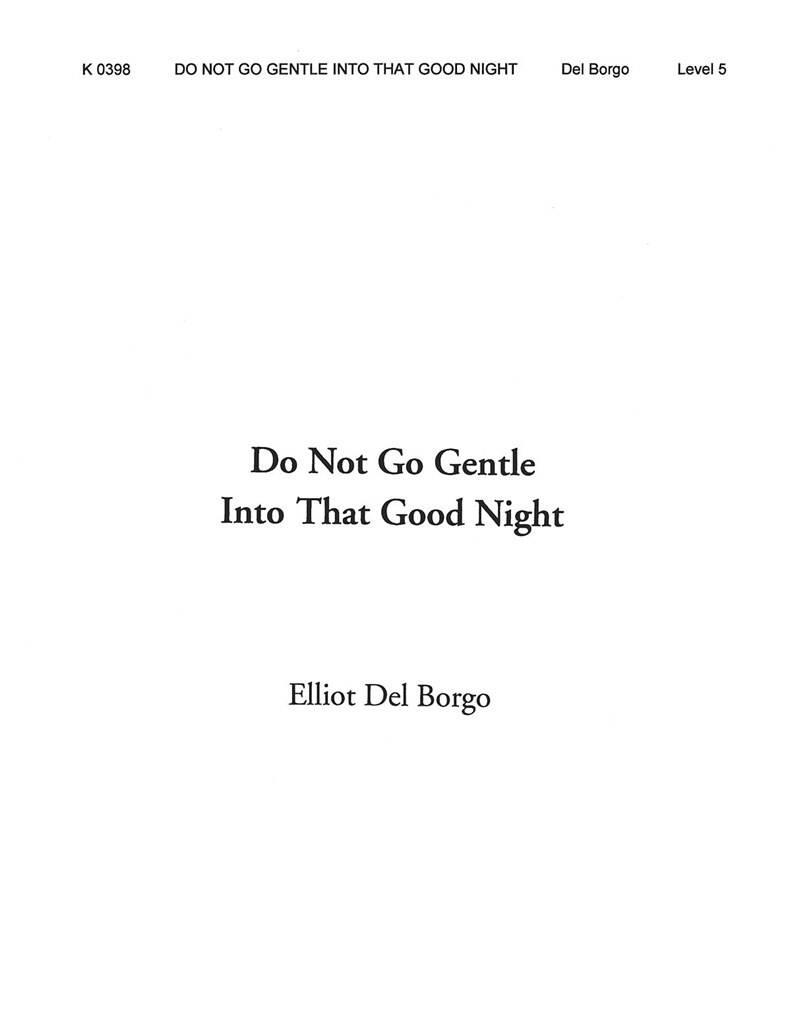 £104.99
£104.99Do Not Go Gentle Into That Good Night - Elliot Del Borgo
The Dylan Thomas poem Do Not Go Gentle into That Good Night was the motivation for this musical composition. While not a programmatic depiction of the poem, the work attempts to recreate the essence of the poem in sound. Theopening motive, representative of the life force, permeates much of the work. The use of sound layers - in the form of polytonal hymns - calls to mind the struggles and persistence of the human spirit and its refusal to go gentle.A substantial and dramatic work for mature ensembles. Dur: 11:15 (Grade 5)
Estimated dispatch 7-14 working days
-
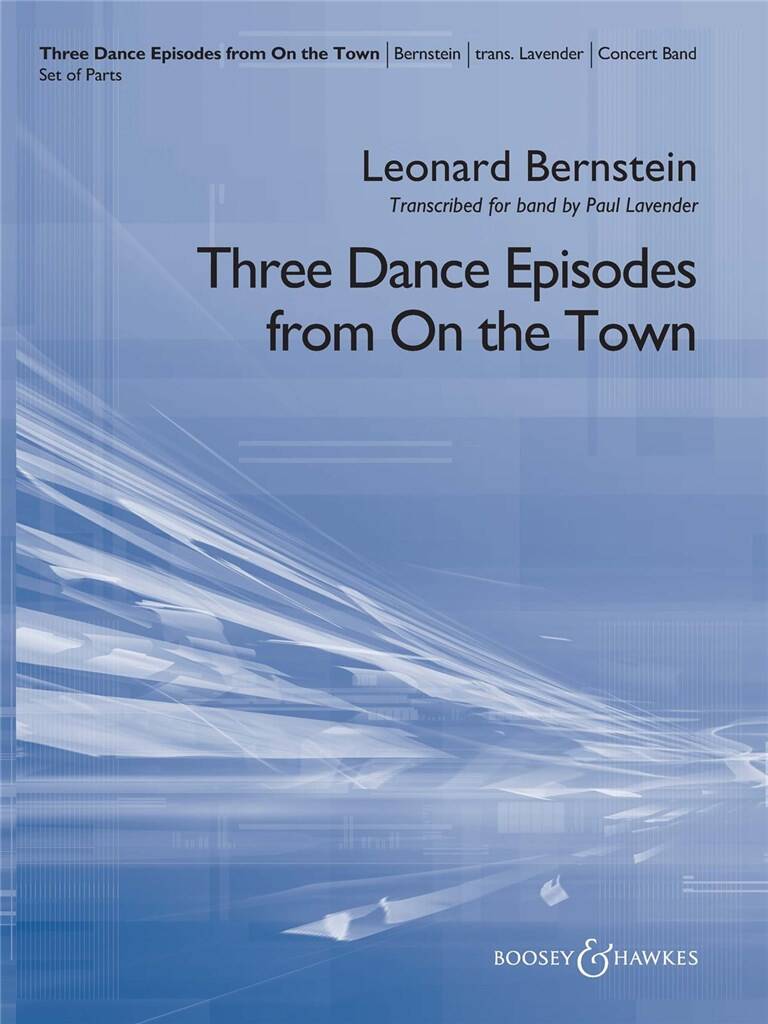 £293.00
£293.00Three Dance Episodes (from On the Town) - Leonard Bernstein
The 1944 musical On the Town represents Leonard Bernstein's first venture onto the Broadway stage. Inspired by his successful ballet Fancy Free, the musical follows the adventures of three sailors on shore leave in New York Cityand is focused around a series of dance episodes, three of which Bernstein selected for an orchestral suite. Long unavailable for band, this 2016 edition is beautifully transcribed by Paul Lavender. Dur: c. 11:00
Estimated dispatch 7-14 working days
-
£154.60
Marcia - Dag Ivar Wiren
Dag Wirn (1905 1986) studied organ and composition at the College of Music in Stockholm 1926 1931, and lived in Paris 1931 1934, where he continued his studies in composition and instrumentation. His list of works comprises mainly instrumentalmusic, such as five symphonies, five string quartets, several overtures and quite a lot of music for film and theatre.Serenade for String Orchestra, Op. 11, was premiered by Stockholm Chamber Orchestra under Tobias Wilhemi, in October 1937,and was an immediate success. The Serenade has four movements, and the finishing Marcia has gained great popularity, especially after it was theme tune for the television series Monitor, which wasaired 1958 1965.
Estimated dispatch 7-14 working days
-
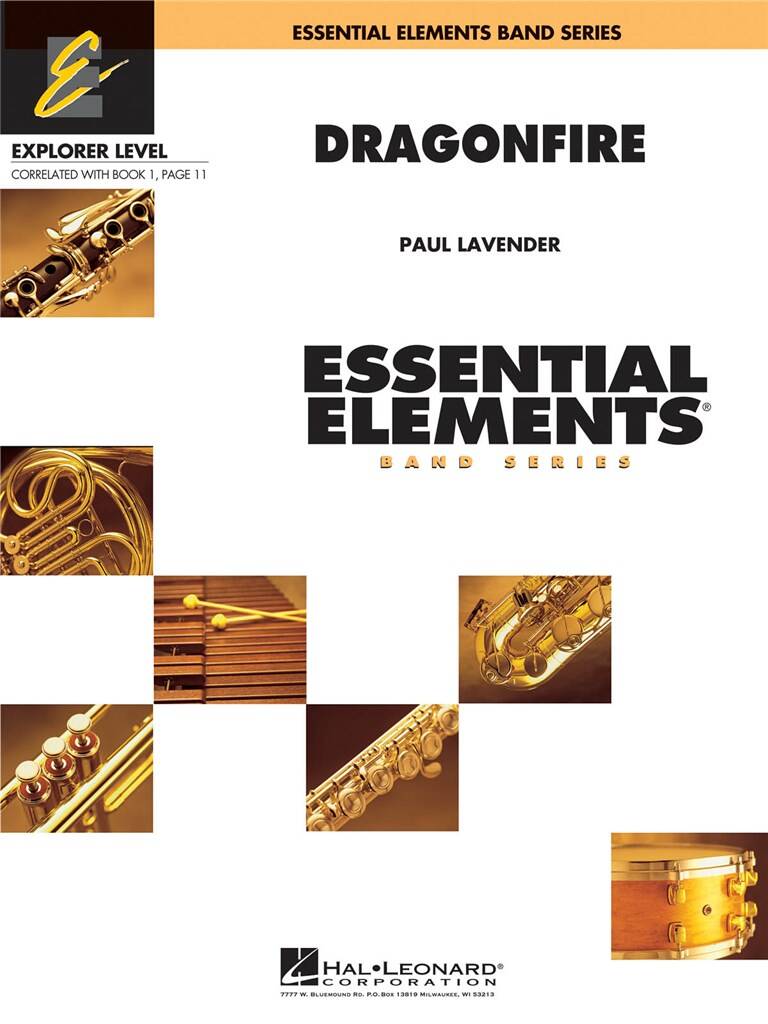 £47.50
£47.50Dragonfire - Paul Lavender
Explorer Level (correlates with Book 1, p. 11) Dark and sinister are not words normally associated with music for beginning bands. However, this well-written Paul Lavender original provides powerful and dramatic sounds even atthis very easy level. With nothing faster than a quarter note (8th notes in percussion), your players will be eager to tackle this one!
Estimated dispatch 7-14 working days
-
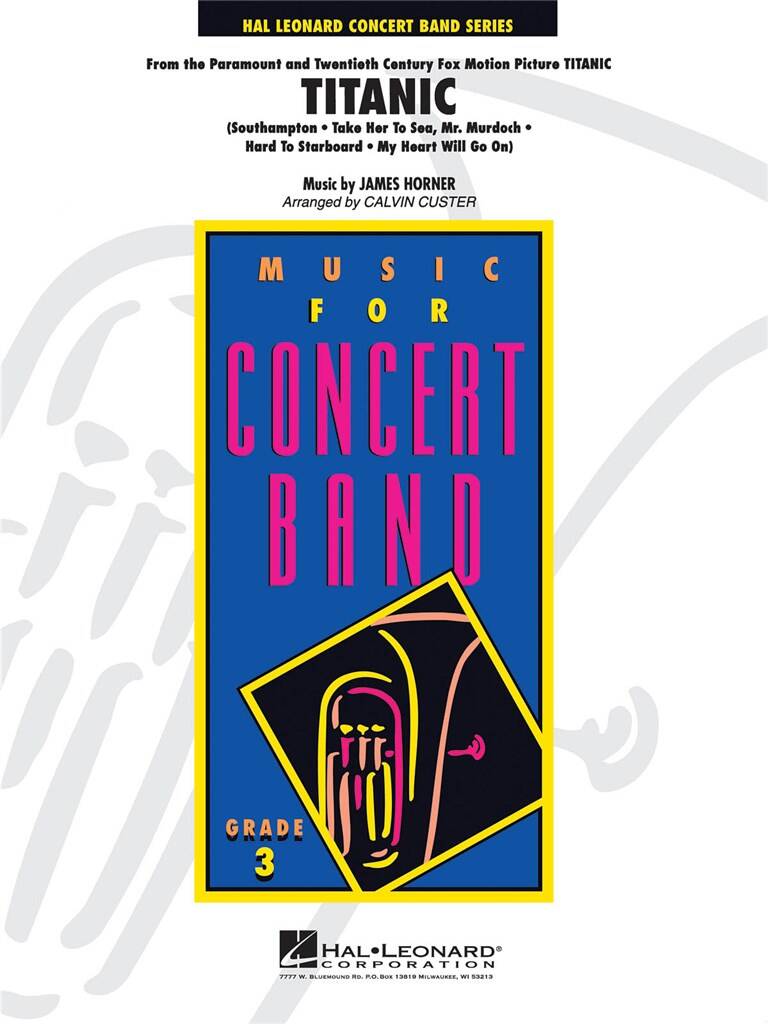 £76.99
£76.99Titanic (Medley) - James Horner
Without question, James Cameron's Titanic is the entertainment icon of this era, breaking virtually every box office record and capturing 11 Academy Awards. James Horner's score has touched millions and is showcased in this superb medley for band. Includes: Southampton, Take Her To Sea, Mr. Murdoch, Hard To Starboard, and My Heart Will Go On.
Estimated dispatch 7-14 working days
